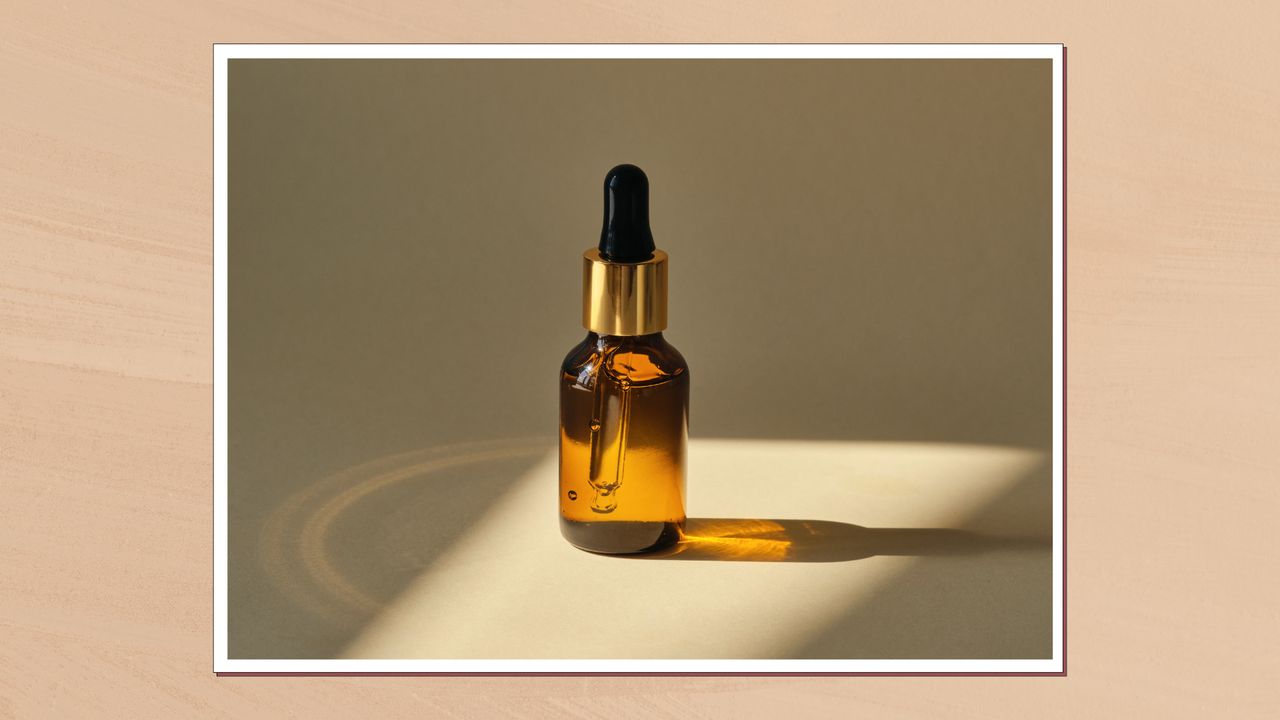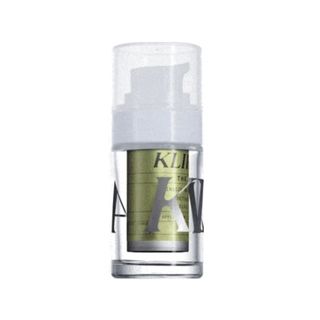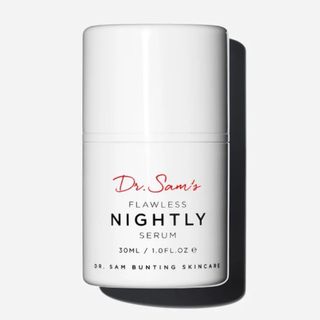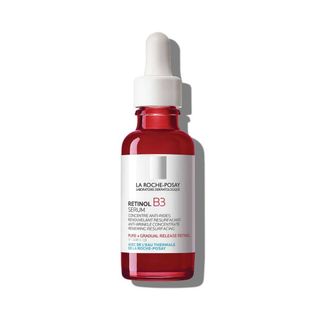Can you use retinol in hot countries? The dermatology experts break it down
We know retinol increases skin's sensitivity to the sun, so should you leave it behind for a hot holiday?


Retinol is an ingredient that can truly be described as a game-changer in the skincare world. Widely considered the gold standard in anti-ageing, this vitamin A derivative is known for targeting fine lines and wrinkles, as well as acne. But it’s also important to note that using retinol comes with several important "rules" – some of which are crucial to know before a hot summer holiday. Which begs the question: can you use retinol in hot countries? And should you?
Found in products like the best retinol creams and serums, this ingredient is known for its ability to increase our skin's sensitivity to the sun, meaning it's best used at nighttime. Because of this, using it (or any vitamin A product) also requires being extra diligent with sun protection. With this in mind, we asked experts to find out if going on holiday in a hot and sunny country may impact the way you use your retinol – or if you should use one at all.
We spoke to several dermatology experts and received some mixed answers – but the general consensus is that yes, it is possible to continue to use your retinol safely in hot countries if you take the right precautions. Here's what you need to know about how to use retinol on your next sunny getaway, for the best results...
Can I use retinol while on holiday? Experts break it down
As mentioned, retinol comes with its own set of rules, which are important to brush up on before you incorporate it into your skincare regime - to ensure you avoid the many retinol mistakes and pitfalls. One such rule is whether or not your go-to retinol serum also doubles as a travel companion and on this subject, the dermatology professional have shared their expertise...
Should you stop using retinol on holiday?
"It is a myth that you need to stop retinol while on holiday or in the summer," says Dr Alexis Granite, board-certified consultant dermatologist and founder of JOONBYRD. In fact, it's a common retinol mistake. "This myth persists because of the idea that retinol 'thins the skin'," she continues. "Retinol does not technically thin the skin, in fact [it] stimulates collagen and elastin production, leading to plumper, rejuvenated skin over time."
Dr Emma Craythorne, consultant dermatologist and founder of KLIRA, agrees that continuing to use your retinol can have its upsides, rather than negative side effects. "It's important to continue it while you're on holiday," she says. "It actually gives you some protection against the oxidative damage caused by UVA radiation and it also helps to protect against some of the breakdown of the skin in response to UV radiation, so there is a benefit of wearing it while you're on holiday."
Who shouldn't use retinol on holiday?
It’s worth noting, however, that there are a few exceptions. Dr Sam Bunting, cosmetic dermatologist and founder of the Dr Sam’s skincare brand, says: "My caveat would be for a new user – it can be hard to manage the transient dryness from initiating retinoid use while ensuring proper UV protection, so wait until autumn if you’re not confident you can stick to the 'rules.'" (Here's the difference between retinoid vs retinol if you're not clear on that yet.)
Sign up for the woman&home newsletter
Sign up to our free daily email for the latest royal and entertainment news, interesting opinion, expert advice on styling and beauty trends, and no-nonsense guides to the health and wellness questions you want answered.
Likewise, if you are concerned or would prefer to be extra "safe", you can always pause usage if you don’t think it’ll impact any progression your skin has made from retinol use.
How to use retinol safely
If you are going to continue using your retinol, it is possible to do so safely, but you'll need to take some extra precautions. "If you’re serious about your skin – and I assume any retinoid user is – then you’re going to be smart and have good sunscreen behaviour and use sunglasses, [stay in the] shade between the hours of 11–3pm and wear a proper hat to manage your UV exposure,” says Dr Sam. "Make sure you have water-resistant sunscreen for outdoor sports and that you apply the correct quantity, which is vital. If you’re doing all this, continuing with your retinoid is fine."
"Ensure that your skin is well moisturised in the morning following your use of a topical retinoid the night before," adds Dr Craythorne. "Particularly for those who are starting to [use] it in their routine, you can find that retinol is very drying –
She notes that some people can find retinol to be very drying, particularly if they have only just started to use it in their routine. "Make sure that you're wearing the right kind of moisturiser," she advises. "It should have enough emollients in it to support the drying effect that can happen with the instruction of a retinoid."
Our retinol favourites

RRP: from £59
Dr Emma Craythorne’s brand KLIRA is based on the premise that expert dermatology should not be too exclusive for anyone to access. Its personalised product creation ensures each user’s skin is catered to, with varying retinol strengths.
Rebecca (best known as Becky) is a freelance beauty editor and features writer with a decade worth of experience in the industry. She started her career at Glamour UK and has since worked in roles at titles and brands such as Eliza, Bustle and Space NK. She has written for British, US and Australian publications, from Marie Claire and Refinery29 to Stylist and The Coveteur.
She is a keen traveller and often works on the road, covering everything from beauty and fashion to sex, love and dating. Her favourite pieces to write are first person features born from her experiences in the world. She is proudly queer, feminist and pro-choice, and advocates for mental health issues and women's rights. You can check out her work at her portfolio and on her Instagram.
-
 Weekly horoscope: 2 astrologers' predictions for 31st March - 6th April 2025
Weekly horoscope: 2 astrologers' predictions for 31st March - 6th April 2025Read your weekly horoscope from Sally Trotman and Penny Thornton who reveal what this week holds for every star sign on love, family, career, and more
By Penny Thornton Published
-
 Trinny Woodall's easy styling tricks are helping us get the quiet luxury look on a budget
Trinny Woodall's easy styling tricks are helping us get the quiet luxury look on a budgetYou don't need to break the bank to get a high-end look
By Charlie Elizabeth Culverhouse Published


